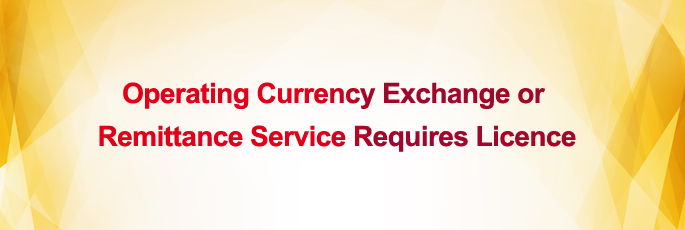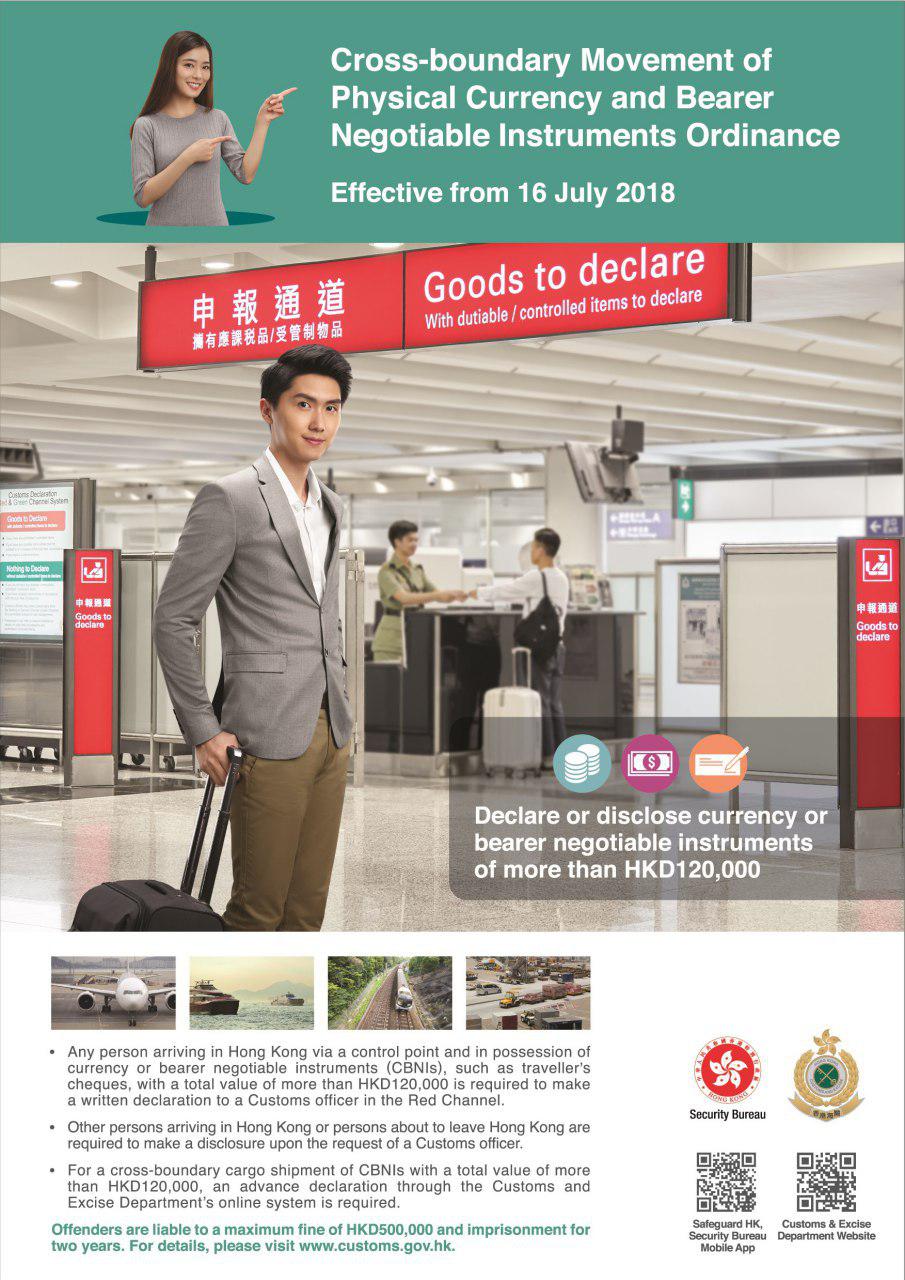
Background and History
Money service is one of the most ancient industries in Chinese history. Over hundreds of years, money service has developed from small local banks,
called qianzhuangs, to today’s well-established money service operators.
At first, qianzhuangs operated as small private businesses without any branches. Based on the reputation and credibility of the family owners,
qianzhuangs accepted cash deposits, issued cashier notes (zhuangpiao) and provided paper money (qianpiao) verification services. Eventually,
qianzhuangs evolved into today’s banks. Banking companies operating in the form of qianzhuang were found in Hong Kong since Hong Kong’s commercial development in 1840 until 1880.
Most of these banking companies, including Ka Wah, Ming Tak, Hang Seng, Tai Fung and Wing Lung etc., were predecessors of the later established Chinese banks.
Today under the Hong Kong law, any person operating a currency exchange or remittance service in Hong Kong, whether in the form of a shop,
through the internet, at an office or at home, or by any other means is required to obtain licence from the Commissioner of Customs and Excise (CCE).
Under the Anti-Money Laundering and Counter-Terrorist Financing (Financial Institutions) Ordinance, Cap (AMLO),
a person who wishes to operate a remittance and / or money changing service (i.e. money service as defined under the AMLO) is required to apply for a licence from the CCE.
Operating a money service without obtaining a money service operator licence from the CCE is an offence and liable to a fine of $100,000 and imprisonment for six months.
Under the AMLO, the CCE is the relevant authority to regulate Money Service Operators (MSOs)
(i.e. Remittance Agents and Money Changers) and supervise licensed MSOs compliance with the customer due diligence and record-keeping obligations and other licensing requirements,
as well as combating unlicensed operation of money service. According to the AMLO, MSOs are defined as financial institutions.
Furthermore, Hong Kong has become one of the 36 members of the Financial Action Task Force (FATF) since 1991.
FATF is an international inter-governmental body established by the G-7 Summit held in Paris in 1989. It aims to specialize in researching the consequence of money laundering,
preventing and combating money laundering as well as coordinating international actions against money laundering. Shortly after its establishment, the Task Force,
being one of the most important organizations against money laundering,
issued a report containing a set of Forty Recommendations which provides a comprehensive plan of action needed to fight against money laundering.
Following the September 11 terrorist attacks, the FATF further issued nine Special Recommendations on Terrorism Financing.
The Special Recommendations cover measures that national systems should have in place within the criminal justice system and law enforcement,
measures to be in place in the financial system and its relevant regulations, as well as international cooperation against terrorism financing.
Special Recommendations specifically require implementation of reporting system in respect to large amount and suspicious transactions and
to establish such requirement as an international system through continual promotion.

Assistance and Enquiry
Assistance and enquiry relating to money service operating issues can be sought via the following method:| Hong Kong Money Service Operators Association Telephone: (852) 3176 2004 Fascimile: (852) 3010 8582 Email: [email protected] Skype: hkmsoa Instagram:hk.msoa Mailing Address: A2/F, Dolford Mansion, 1-3 Chatham Court, Tsim Sha Tsui, Kowloon, Hong Kong |
Customs and Excise Department Money Service Supervision Bureau Telephone: (852) 3742 7742 Fascimile: (852) 3742 7758 Email: [email protected] Mailing Address: Units 402-403, 4/F, Centre Parc, 11 Sheung Yuet Road, Kowloon Bay, Kowloon |


November issue of the Members’ Circular
Our Association has released the latest November issue of the Members’ Circular to all members. The issue includes information of AML course held by our Association, HKC&ED; news and recent news relevant to licensed MSOs
![]()
 Revisions to Licensing Guide – Immediate effect
Revisions to Licensing Guide – Immediate effect
The revised Licensing Guide explains new or renewal licence application procedures in details and also sets out notes on revised licensing requirements imposed on all MSO licence applicants and licensee
![]()
 Guidance Notes on the Competence Assessment for Money Service Operators
Guidance Notes on the Competence Assessment for Money Service Operators
To tie in with the implementation of the Competence Assessment, HKCE had published a set of “Guidance Notes” on 4 March 2021 which provides in details the requirements, format and scope of the Assessment in order to facilitate the licence applicants’ and licensees’ better preparation for the Assessment
![]()
 Become a Member
Become a Member
Our Association wrote to all MSOs briefly reported our main work performed over the past year. We strived to promote MSOs to build long-term business relationship with banks, provide training for practitioners and promote compliant operations to industry counterparts. We invited all MSOs to register as our members.










